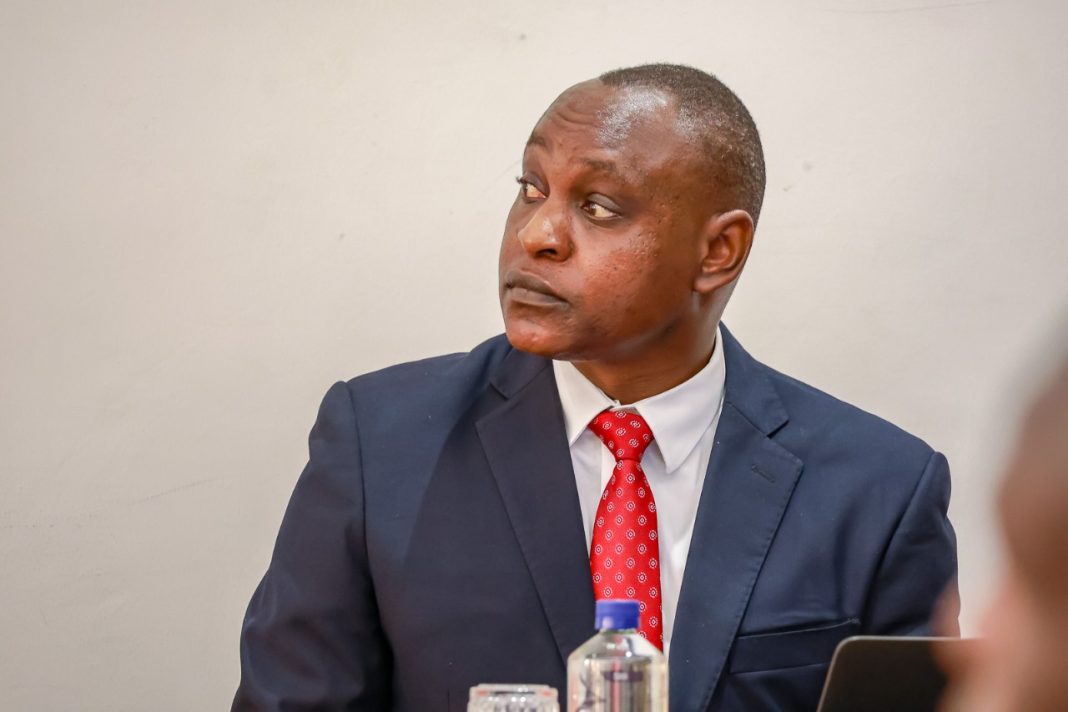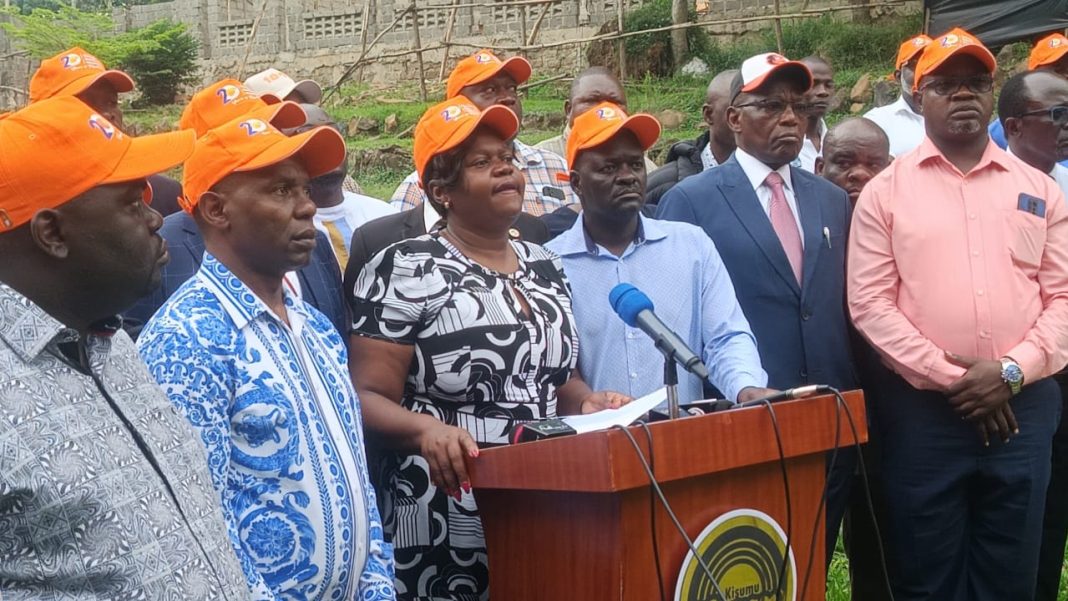By Billy Mijungu
Kisii County in early 2025 was firmly under the control of the United Progressive Alliance, the party Fred Matiang’i bankrolled during the 2022 general elections. If there was any regional outfit that grew faster than expected, it was UPA. The party’s organization, funding, and messaging were tightly managed within the region, giving it an authentic local flavor and a sense of ownership among the Abagusii people.
Recently, UPA underwent a rebrand that saw it unveil a new party logo, the Soap, and adopt the tagline Safisha Kenya. The message resonated deeply. It was simple, symbolic, and relatable, capturing both the literal and moral idea of cleansing Kenya’s politics. The rebrand gave UPA a fresh face and a national appeal beyond Kisii and Nyamira. But just when the momentum was beginning to solidify, Fred Matiang’i made a move that disrupted everything.
By crossing over to Jubilee and positioning himself as a serious presidential contender, Matiang’i breathed new life into a party that had almost disappeared from the Kisii political map. Jubilee, once dominant under Uhuru Kenyatta, had lost its relevance in the region after 2022. Matiang’i’s entry instantly revived its fortunes. His national stature, reputation for discipline, and strong administrative record have given Jubilee a competitive edge once again in Kisii and Nyamira.
What followed is political confusion and fragmentation that few anticipated. The region now finds itself with four formidable political forces. UDA, led by President William Ruto, maintains a loyal following anchored on national government presence and resources. UPA remains the symbolic home team, representing local pride and a sense of ownership, even though it is struggling to redefine its path without Matiang’i’s firm hand. Jubilee, rejuvenated by Matiang’i’s presidential ambitions, has reclaimed attention and respect. And ODM, still the largest party in Kisii, continues to draw on its long-standing emotional connection with Raila Odinga’s loyal base.
For the first time in years, the Kisii political field is unpredictable. Every party has a fair shot at local dominance. There is no clear political kingpin, no single unifying voice. What Matiang’i has achieved, whether intentionally or not, is the dismantling of political certainty.
In trying to play national politics, he has destabilized regional order. His move to Jubilee may strengthen him nationally, but it weakens the cohesion he once built at home. Kisii has become a marketplace of parties, ideas, and ambitions. Anyone can win with anything, but it also means anyone can lose with everything.
For Matiang’i, this is a lesson on why political bases matter. Even the smallest regional parties, like Wetangula’s Ford Kenya with barely 300000 votes, survive because they protect their roots before branching out. Kisii now waits to see whether Matiang’i’s gamble will pay off or whether he will end up washing away his own political foundation.




